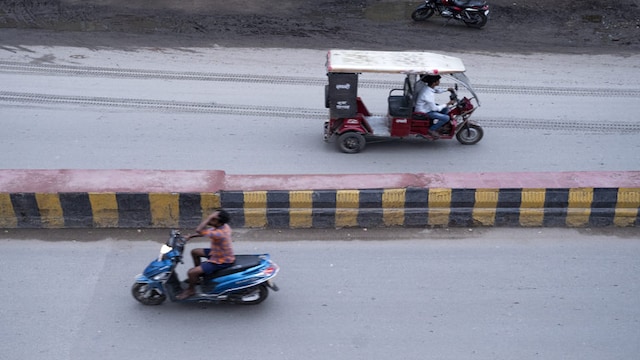
 1 / 10
1 / 10Electric Vehicle Policy 2.0 Draft Released: The Delhi government has shared a draft of its Electric Vehicle Policy 2.0 to promote electric vehicles. The current EV policy expired on March 31 and was extended by 15 days. Officials say the new draft is nearly complete and awaits cabinet approval.

 2 / 10
2 / 10CNG Autos End: The draft stops CNG autorickshaw registrations from August 15 this year. Permits won’t renew after that date and will switch to e-auto permits. CNG autos over 10 years old must be replaced or converted to electric during the policy period.

 3 / 10
3 / 10Two-Wheeler Rules: The policy proposes banning petrol, diesel, and CNG two-wheelers starting August 15, 2026. This targets pollution from two-wheelers, a common transport option in Delhi. The suggestion has sparked discussions due to its wide impact.
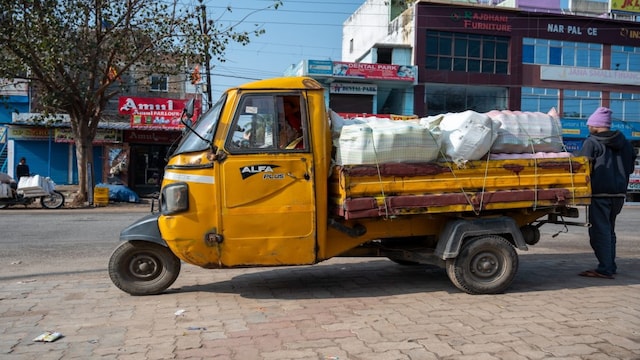
 4 / 10
4 / 10Goods Carriers Change: From August 15, 2025, new diesel, petrol, or CNG three-wheeler goods carriers won’t be registered. This affects delivery and logistics vehicles, pushing them toward electric options to reduce emissions.

 5 / 10
5 / 10Garbage Vehicles Shift: The draft requires all garbage collection vehicles to be electric by December 31, 2027. Vehicles owned or leased by the Municipal Corporation of Delhi, New Delhi Municipal Council, and Delhi Jal Board will transition step-by-step.
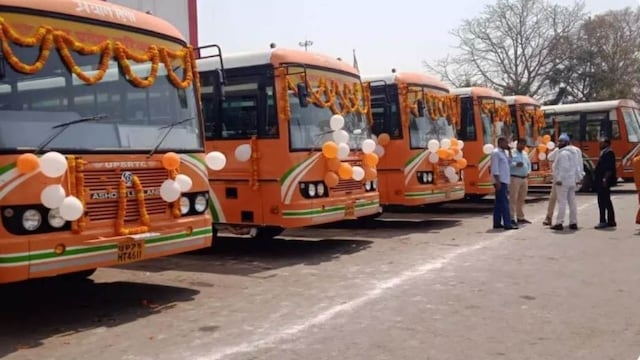
 6 / 10
6 / 10Public Buses Update: The policy mandates electric buses for Delhi Transport Corporation (DTC) and DIMTS intra-city services. Starting with the policy, only e-buses will be purchased for city use, while inter-state buses will meet BS VI standards.
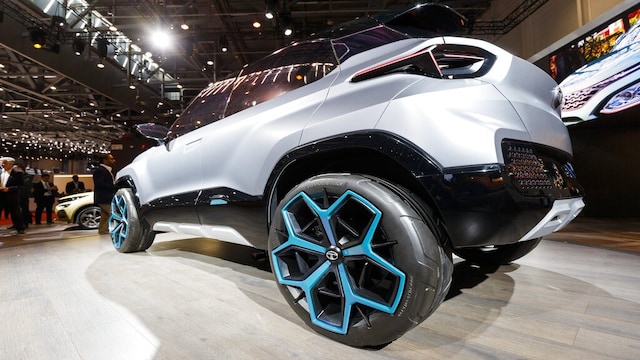
 7 / 10
7 / 10Third Car Rule: Private owners with two vehicles must buy an electric car as their next purchase. This rule begins after the policy is notified, aiming to encourage electric vehicle use among households with multiple cars.
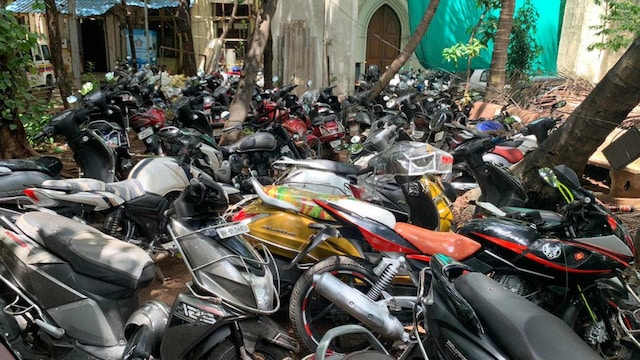
 8 / 10
8 / 10Policy Adjustments: The draft may change during cabinet review, especially the two-wheeler ban. The current EV policy’s 15-day extension past March 31 keeps things in place until the new policy is finalised.
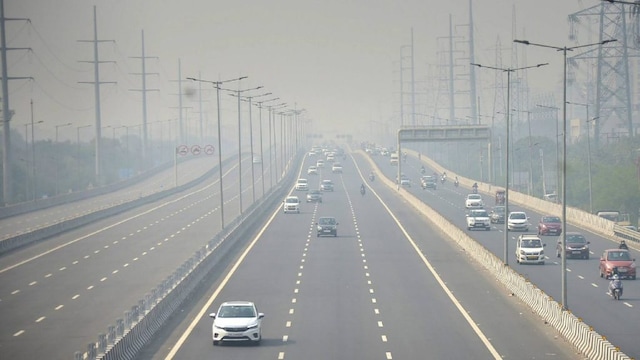
 9 / 10
9 / 10Air Quality Goal: EV Policy 2.0 seeks to improve Delhi’s air quality. It plans to replace fossil fuel vehicles with electric ones across personal, commercial, and public sectors to cut pollution significantly.
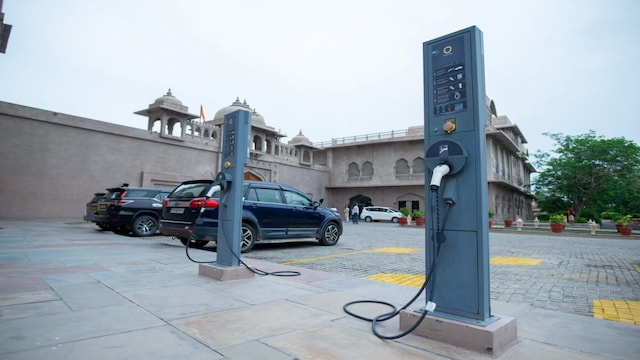
 10 / 10
10 / 10More Charging Points: The policy outlines adding new EV charging stations throughout Delhi. This will make charging more convenient, addressing range concerns and supporting the switch to electric vehicles.
